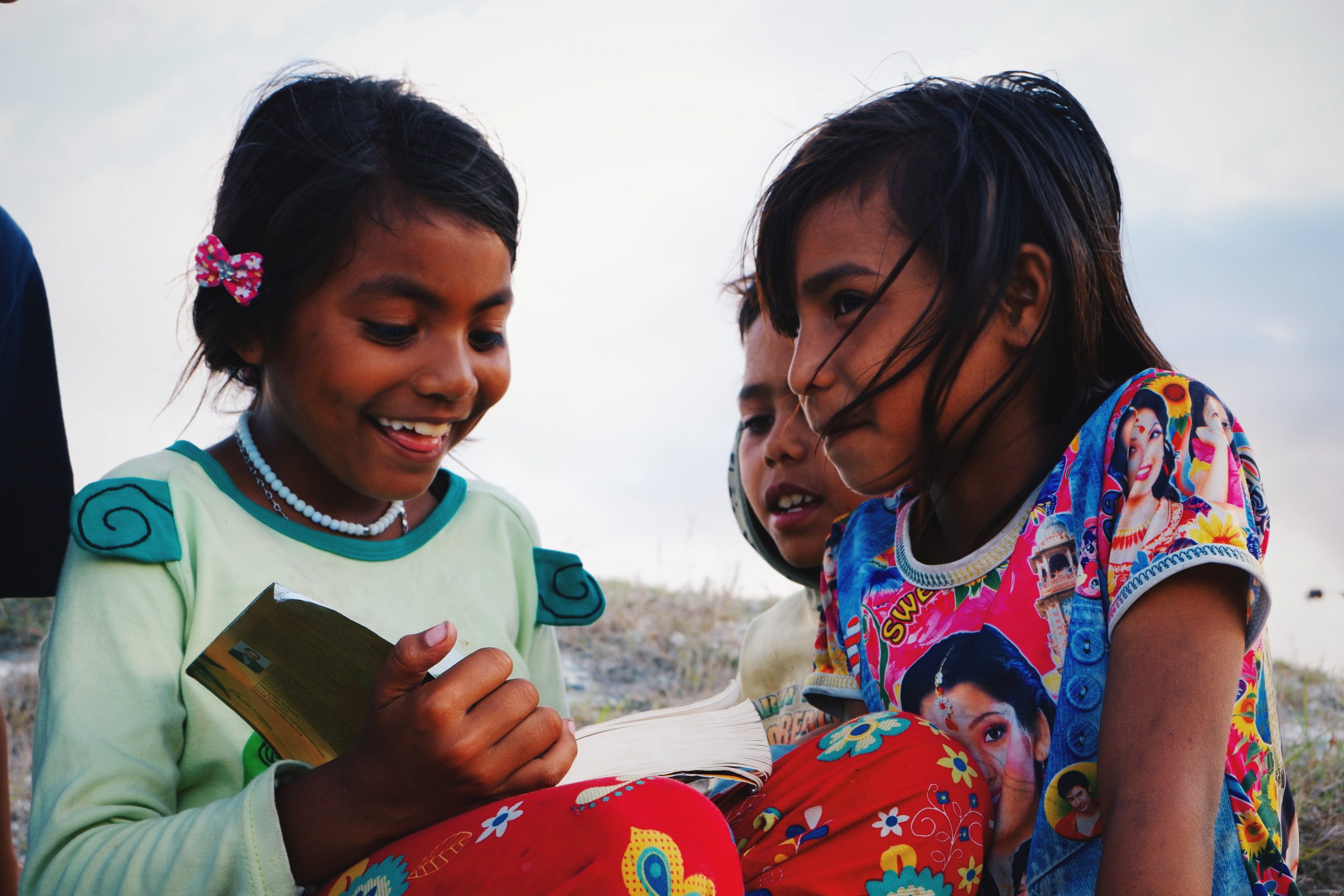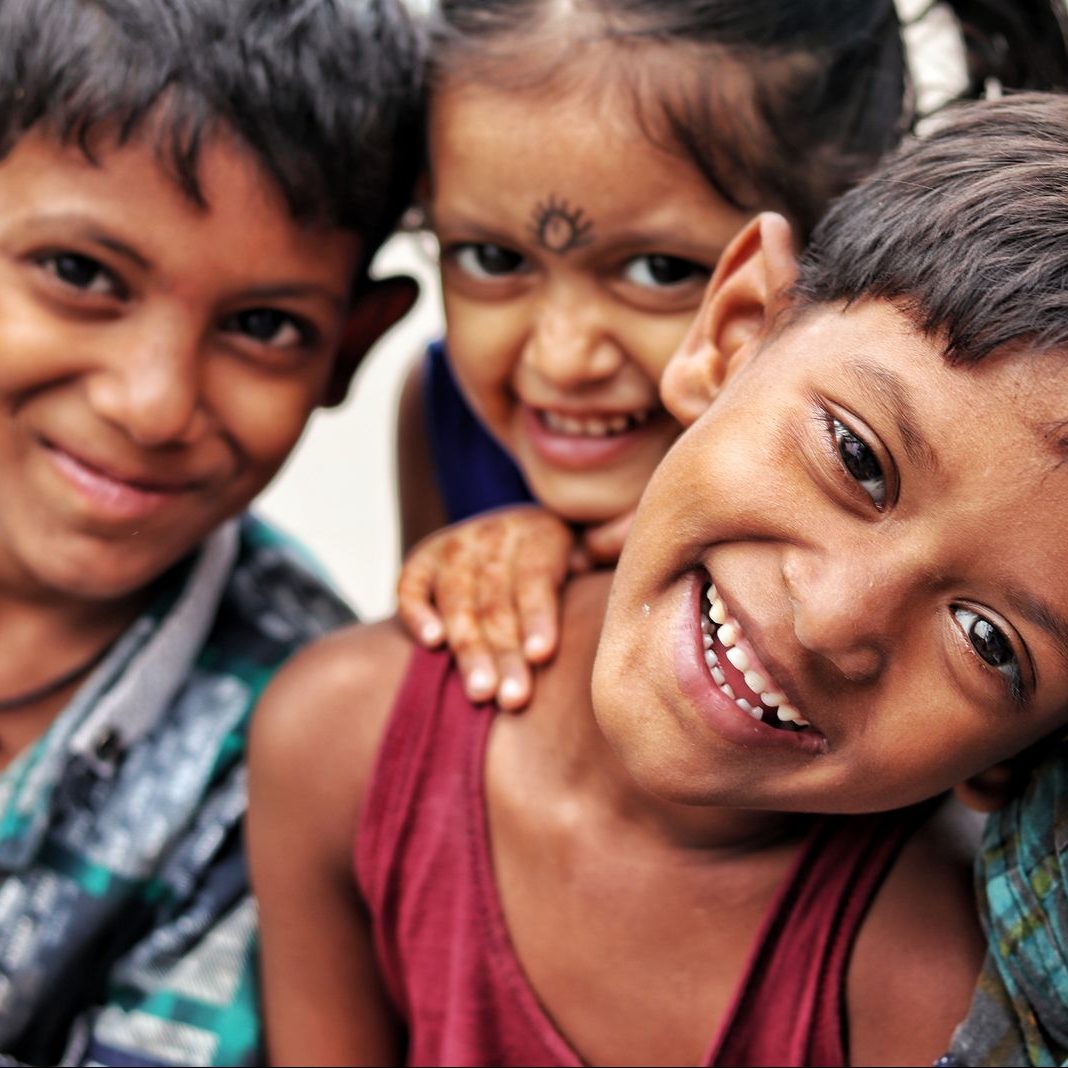The systematic attempts to provide education for all children in India started in 1937 with Gandhi who designed free and compulsory education at the national level. In 1939, when Maria Montessori first visited India, she implanted the foundations of preschool education and many teachers were trained in Montessori’s method of education. Even though, early childhood education has been a constant focus of the post-independent India with the Committee on Early Childhood Education, the first such government established agency established in 1953, India’s new National Education Policy (NEP2020) further highlights the importance of early childhood education and care, extending the right to education to every child of ages 3 to 6 years old. Although government supported, community-based preschools (called “Anganwadis”) have existed in India for many decades now, the extension of the right to education implies that preschools within government schools are also likely to expand.
Recent research on India’s early childhood education shows that most children enter primary school at age five with school readiness levels which are often far below expectations. They are unequipped to meet the demands of the curriculum and reach low learning levels. The study concludes that these low school readiness levels in children are clearly related to the low quality of preschool education.
The NestingPlay Pilot Project in Early Childhood Development in India aims to build the capacities of Indian professionals of early childhood education and care to provide quality pre-primary education and development services for all students, including those with special needs. The project will benefit directly 40 kindergarten teachers, both official and non-official, health care officers and parents and kindergarten children. The program includes a series of capacity building activities provided for kindergarten teachers, both official and non-official, health care providers and parents. In addition, a Parents Center will be established with the purpose of building community among parents and serving as a knowledge hub on early childhood education and care, run by mothers who received training in the NestingPlay approach, and further education and health issues. The project will be implemented with the Boehringer Ingelheim Foundation’s Making More Health program and a local partner organization in Tamil Nadu, South India in 2021.


